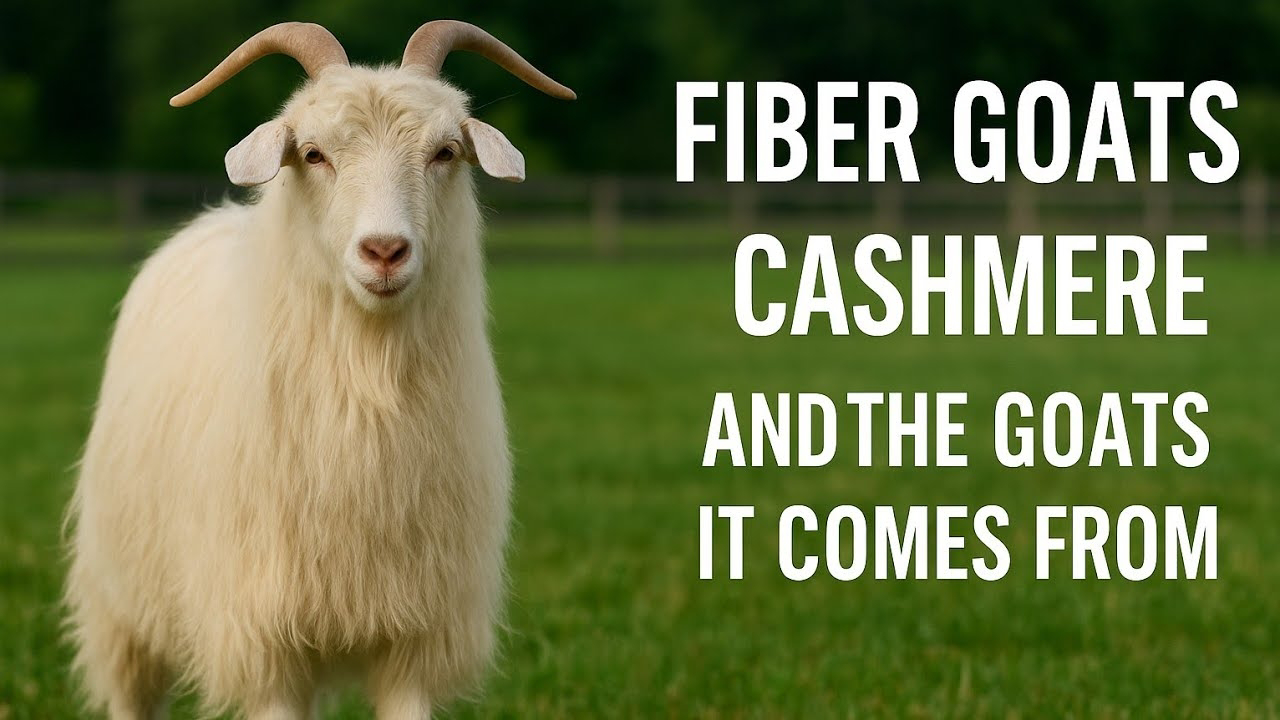In this post, we’ll explore what makes Fainting Goats unique, from their history and their “fainting” quirk to their temperament and why they’re such a good fit for a hobby farm.
A Little History
The Fainting Goat is officially called the Myotonic Goat, named for the condition myotonia congenita. When startled, the goat’s muscles temporarily stiffen, and they may tip over or “faint.” This trait showed up naturally in goats in the U.S. during the 19th century and was preserved through selective breeding.
While it might look funny, it’s harmless — the goats recover within seconds, often popping back up as though nothing happened. In fact, the fainting reflex doesn’t even cause pain. Over time, the breed became valued not only for entertainment but also for meat production, as their stocky build made them desirable to farmers.
Today, Fainting Goats are considered a heritage breed and are often raised by small farms and hobbyists who appreciate their gentle temperament and unique traits.
What They Look Like
Fainting Goats are medium-sized with a sturdy, stocky build. They often have upright ears, short hair, and come in a variety of coat colors and patterns. Their eyes are expressive, and their stance is solid, giving them a look that’s both practical and charming.
On Andersen Acres, our goats may not be the flashiest animals in the barnyard, but they certainly have their own understated charm. Whether they’re grazing in the pasture or lounging in the sun, they carry themselves with a calm steadiness that contrasts beautifully with their occasional “faints.”
The Famous Faint
Let’s be honest: the reason most people first learn about Fainting Goats is because of their fainting. When startled or excited, their muscles lock up, and they can stiffen or fall over. Watching it happen never fails to bring out laughter, but here’s the thing: our goats never seem to mind. They simply get back up, shake it off, and go about their day.
On Andersen Acres, this trait has become part of the daily humor of farm life. The goats aren’t fainting constantly — it only happens when they’re surprised — but when it does, it lightens even the hardest chore day.
Personality and Temperament
Beyond their famous quirk, Fainting Goats are some of the sweetest animals we keep. They’re incredibly gentle, easy to handle, and good-natured. Unlike some goat breeds that are more high-strung or mischievous, our Fainting Goats are content to graze, lounge, and interact peacefully with the other animals.
They’re also very people-friendly. Visitors are always charmed by their calm nature, and children especially love how approachable they are. For us, this makes them the perfect goats to have around — friendly, funny, and oh so easy to love.
Why We Keep Them
Here’s why Fainting Goats have become such an important part of Andersen Acres:
- Gentleness – They’re one of the calmest goat breeds, making them easy for anyone to work with.
- Entertainment – Their fainting trait adds a touch of humor to daily life.
- Companionship – They’re affectionate and enjoy being around people, fitting perfectly into a family-style farm.
- Pasture Care – Like all goats, they help keep weeds and brush under control.
They may not be big-time milkers or highly competitive show animals, but for a hobby farm, they’re exactly the right fit.
Life with Fainting Goats on Andersen Acres
Our goats are part of the heartbeat of the farm. Whether they’re grazing peacefully beside the chickens, wandering with the rabbits close by, or lounging in the shade near Shadowfax the mini horse, they blend seamlessly into the daily rhythm.
And when one of them happens to tip over in a faint? Well, that’s just part of life here — a reminder not to take farm life too seriously. Their ability to bring smiles is one of their greatest gifts.
Tips for Keeping Fainting Goats
If you’re considering adding Fainting Goats to your farm, here are some things we’ve learned:
- Safe Fencing – Goats are clever, and like all breeds, Fainting Goats need secure fencing to keep them safe and contained.
- Shelter – They don’t require anything fancy, but they do need protection from the elements. A three-sided shed works well.
- Companionship – Goats are herd animals. Don’t keep just one; they need friends.
- Diet – A balance of pasture grazing, hay, and supplemental minerals will keep them healthy.
- Gentle Handling – They’re naturally easy-going, but their fainting condition makes rough handling unnecessary and unkind. Respect their quirk, and they’ll reward you with trust.
Why They’re Perfect for a Hobby Farm
Hobby farming is about more than production — it’s about joy, connection, and community. Fainting Goats fit perfectly into that vision. They’re friendly enough for visitors, entertaining enough to brighten daily chores, and hardy enough to thrive without being high-maintenance.
For us, they embody what Andersen Acres is all about: animals with personality, a farm that runs on both laughter and love, and a balance between tradition and fun.
Conclusion
Fainting Goats may have earned their name from a funny quirk, but they’re so much more than a farmyard joke. They’re gentle, friendly companions who bring joy to every day at Andersen Acres. With their easy temperament and unique personality, they’ve become a cornerstone of our little farm family.
As our “Meet the Breeds” series continues, we’ll be moving from goats to rabbits — introducing our sweet Rexes, spunky Holland Lops, and our gentle giant, the Flemish. Each rabbit brings its own charm, and we can’t wait to share their stories with you.



